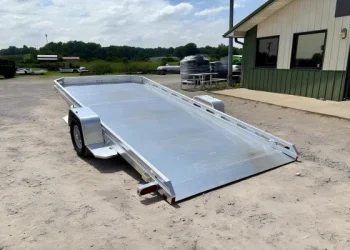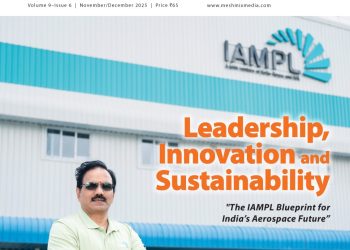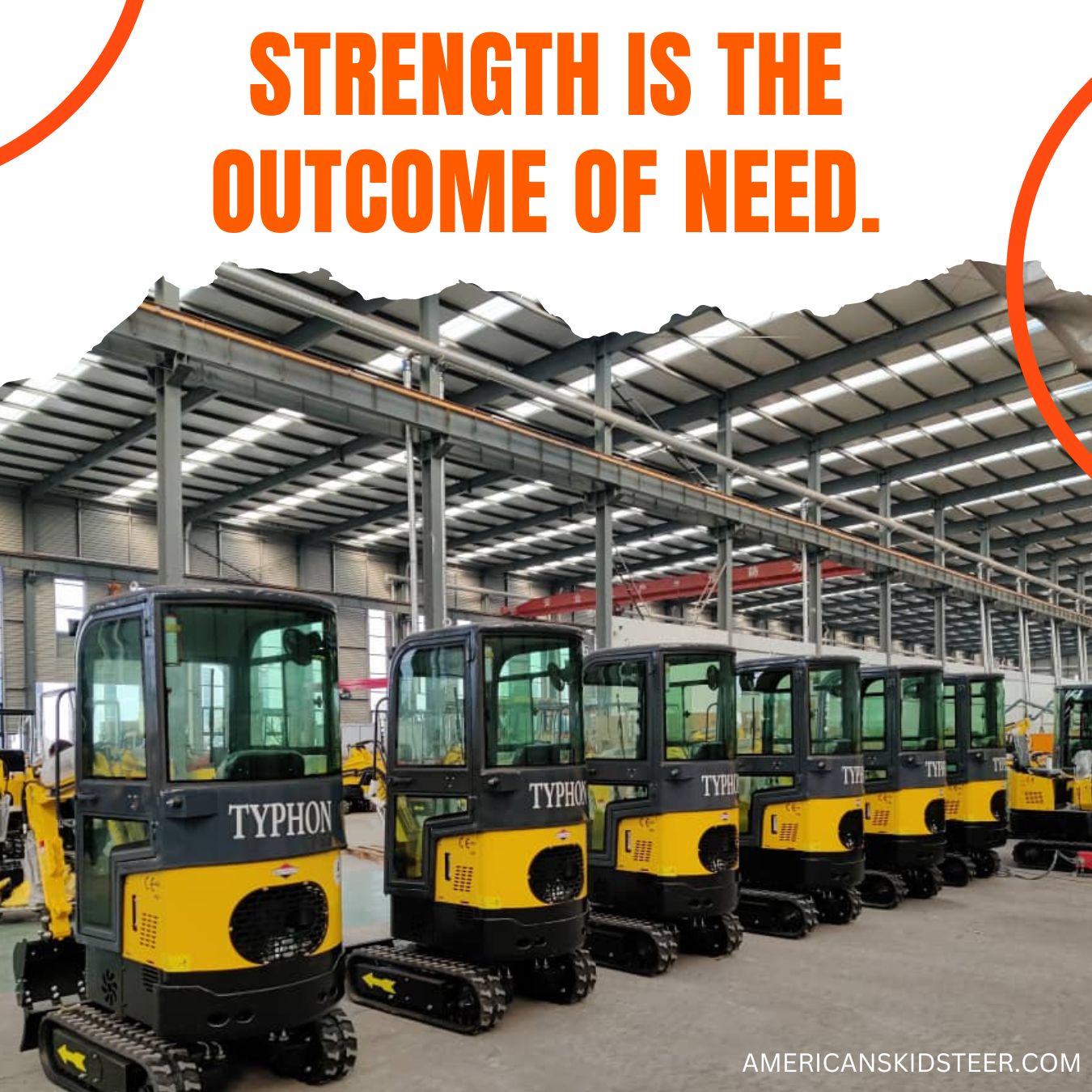JCB, the world’s third-largest manufacturer of construction machinery, is stepping up measures aimed at making its equipment more environmentally friendly by reducing fossil fuel use. The organization has turned its attention to making sustainable advances in the construction industry through hydrogen engines that can potentially aid in addressing carbon emissions in construction. As Lord Bamford, the chairman of JCB, discussed, greener energy alternatives must be adopted in the sector, as their hydrogen engines will enable construction machines to perform without negative effects on the environment. This is consistent with the long-term strategy of JCB which is centered on sustainability that concentrates on the issues of carbon management and dependence on conventional fuels.
JCB’s strategy is based on a growing exploration of different methods of fuel, of which hydrogen is one of the many options, particularly of interest because of its ability to provide clean energy at minimum emissions. These are within the larger industry movement towards the development of ECO-friendly construction equipment, which is mainly influenced by regulatory requirements on the use of such equipment and market forces. The innovations created by JCB’s development centers are envisaged to provide cleaner energy options whilst ensuring that the efficiency of the machines whose purpose is performance remains intact, thus fitting their equipment for use in extensive projects without compromising on environmental requirements.
The initiatives of the company align with the global social paradigm that has penetrated the construction industry – modernization entails improvement in energy saving and protection of the environment. JCB’s emphasis on hydrogen technology shows their intention to keep abreast with changes in construction machinery which is becoming more and more focused on energy efficient and environmentally sustainable operations. These enhancements are anticipated to help rather a lot in the campaign against carbon emissions worldwide particularly in the context of the industry and construction.







